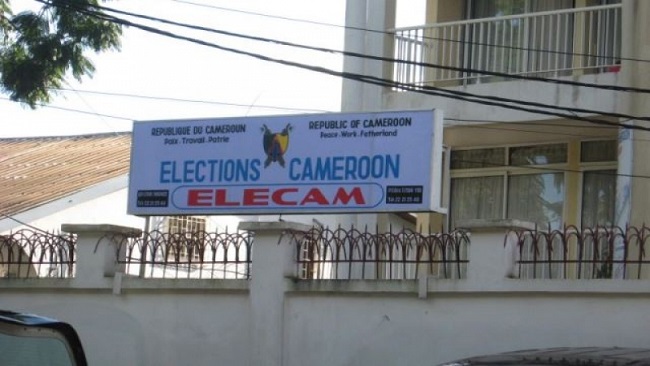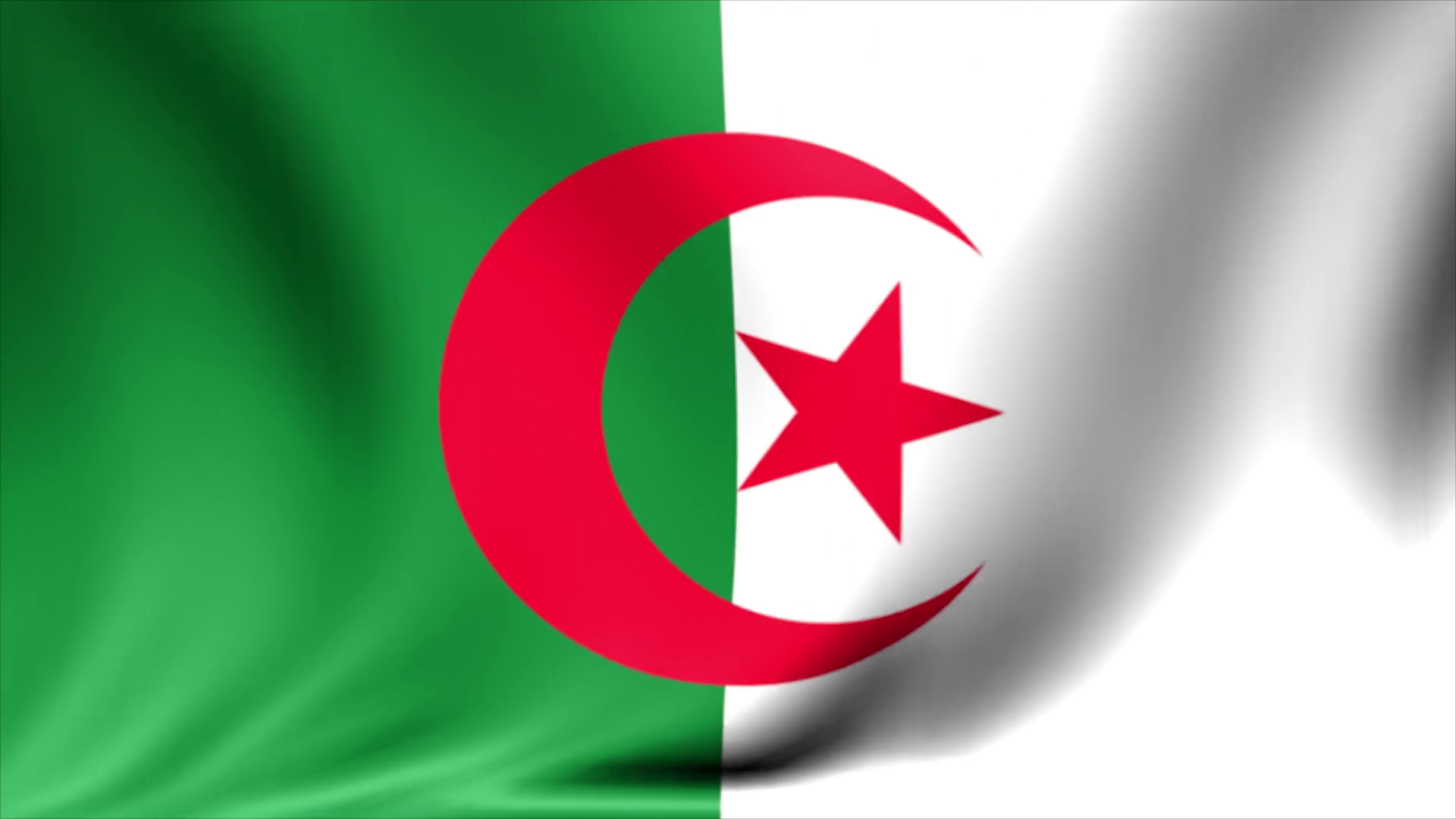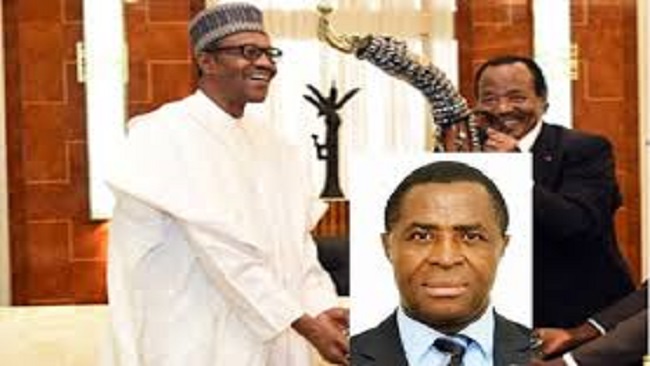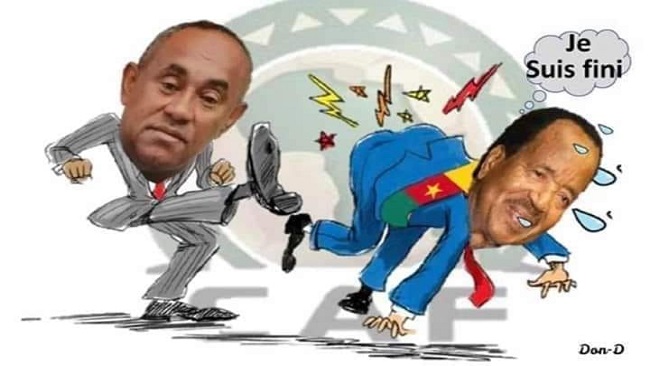18, March 2019
Saudi crown prince approved ‘intervention’ against dissidents 0
More than a year before the killing of journalist Jamal Khashoggi, Saudi Arabia’s powerful Crown Prince Mohammed bin Salman approved a secret campaign to silence dissenters, The New York Times reported on Sunday.
The campaign included surveillance, kidnapping, detention and torture of Saudis, said the report which cited US officials who have read classified intelligence reports about the effort.
American officials referred to it as the Saudi Rapid Intervention Group, the Times said.
At least some of the clandestine missions were carried out by members of the team that killed and dismembered Khashoggi in October at the Saudi consulate in Istanbul, suggesting his murder was part of a wider campaign against dissidents, the report said, citing the US officials and associates of some Saudi victims.
The murder of Khashoggi, a Washington Post contributing columnist, generated global outrage including an order from US senators for President Donald Trump to designate and punish those responsible.
He did not comply.
The senators, briefed by the heads of US intelligence agencies, said they were convinced that Prince Mohammed was responsible for the Khashoggi killing.
Saudi Arabia has stressed the prince was not involved.
The kingdom initially said it had no knowledge of Khashoggi’s fate but later blamed rogue agents for his death.
Saudi Arabia’s public prosecutor has charged 11 people over his murder.
Among its activities, the Rapid Intervention Group appears to have been involved in the detention and abuse of prominent women’s rights activists arrested last year, the Times said.
The intervention team was so busy that in June its leader asked a top advisor to Prince Mohammed whether he would give them bonuses for Eid al-Fitr, a major holiday at the end of the Muslim holy month of Ramadan.
Saudi officials declined to confirm or deny that such a team existed, or answer questions from the Times about its work.
The Saudi embassy in Washington did not immediately respond to an AFP query for comment.
The Rapid Intervention Group was authorized by Prince Mohammed and overseen by Saud al-Qahtani, a royal court insider, American officials told the Times.
US intelligence reports did not specify how involved Prince Mohammed was with the group’s work, but said that the operatives saw Qahtani as a “conduit” to the prince, the report said.
Qahtani has been sacked over Khashoggi’s murder but Saudi authorities have not said if was among those charged.
Five of the accused face the death penalty.
AFP





























18, March 2019
Ethiopian Boeing 737 black boxes show ‘clear similarities’ with Indonesian crash 0
Black box data recovered from an Ethiopian Airlines plane that crashed last week shows “clear similarities” with a recent crash in Indonesia of the same type of aircraft, Ethiopia’s transport minister said on Sunday.
While declining to give details, Dagmawit Moges told journalists the parallels would be the “subject of further study during the investigation,” with a preliminary report issued in “30 days”.
The announcement came a week after Ethiopian Airlines flight 302 plummeted into a field southeast of Addis Ababa minutes into its flight to Nairobi, killing all 157 people onboard.
The disaster caused the worldwide grounding of the Boeing 737 MAX 8 aircraft involved after aviation regulators noticed similarities with the October crash of an Indonesian Lion Air 737 MAX 8 that killed all 189 passengers and crew.
Families mourn over Ethiopian Airlines crash victims
Both planes reportedly experienced erratic steep climbs and descents as well as fluctuating airspeeds before crashing shortly after take-off.
Questions have honed in on an automated anti-stalling system introduced on the 737 MAX 8, designed to automatically point the nose of the plane downward if it is in danger of stalling.
The pilots of Lion Air Flight 610 struggled to control the aircraft as the automated MCAS system repeatedly pushed the plane’s nose down following take-off, according to the flight data recorder.
In the case of the Ethiopian flight, the black boxes have been handed to France’s BEA air safety agency, which is working with American and Ethiopian investigators to determine what went wrong.
Nothing to bury
The disaster in Ethiopia left families in 35 nations bereaved.
On Sunday, Ethiopians gathered at Holy Trinity Cathedral in the capital Addis Ababa to bury 17 of their citizens killed in the crash, including the eight-person flight crew.
Relatives of the deceased sobbed and held portraits of their loved ones as an Ethiopian Orthodox priest said the last rites.
Wearing a t-shirt bearing a photo of Amma Tesfamariam in her flight attendant uniform, Meselech Petros said her 28-year-old sister was not supposed to work last Sunday, but came in to cover for a friend.
“What I can’t forget is that she left an eight-month-old child and didn’t come back,” Meselech said.
“We are broken and hurting very much. It’s very difficult,” added Amma’s brother Selamsew Mathias, 26.
The funeral ceremony began when caskets draped in the Ethiopian flag were brought to the cathedral in a convoy of black hearses accompanied by hundreds of mourners.
It was unclear what the coffins contained.
Witnesses said the plane had nose-dived into the field, with the force of the impact leaving few bodies intact.
On Thursday, as grieving families and friends visited the area where the plane went down, an AFP correspondent saw them being handed plastic water bottles filled with earth from the site.
Ethiopia’s government has said it may take up to six months to identify the remains.
“What makes us very sad is we didn’t find any of her remains,” said Teshome Legesse, whose 24-year-old niece Ayantu Girma was a flight attendant on the plane.
‘Grief belongs to everyone’
Ethiopian Airlines is Africa’s largest carrier and in many ways the international face of the nation.
The deaths have shocked Africa’s second-most populous country, and the funeral attracted a wide range of mourners.
“We all are children of Adam and Eve, even though our skin colours are different,” said Seyoum Kidanu, a retired police officer wearing full dress uniform and a sash in the colours of the Ethiopian flag.
“When one person dies in this world, the grief belongs to everybody.”
(AFP)